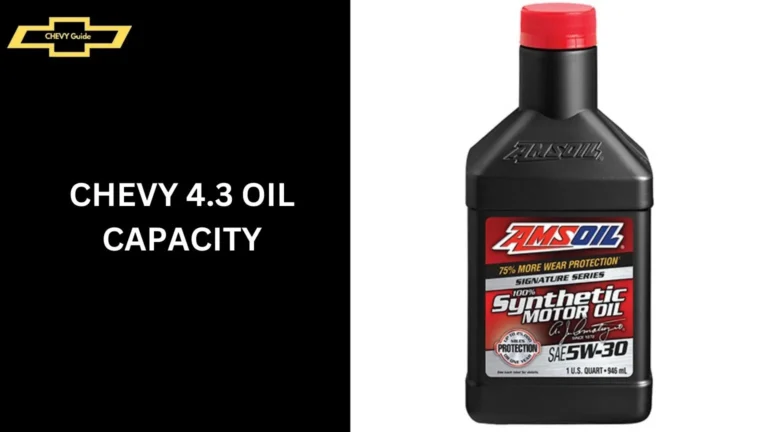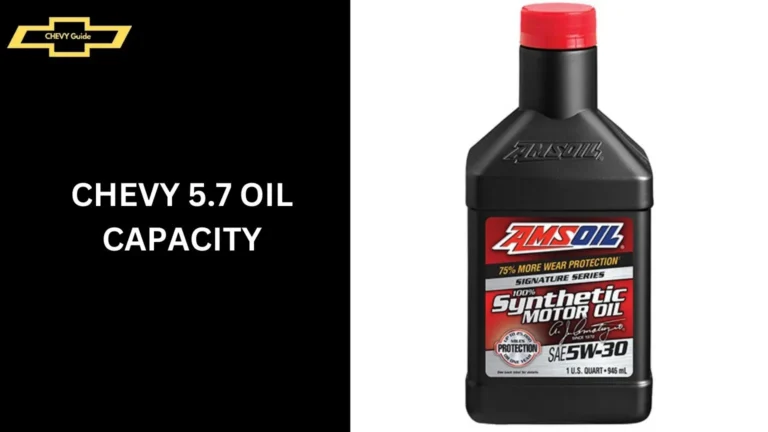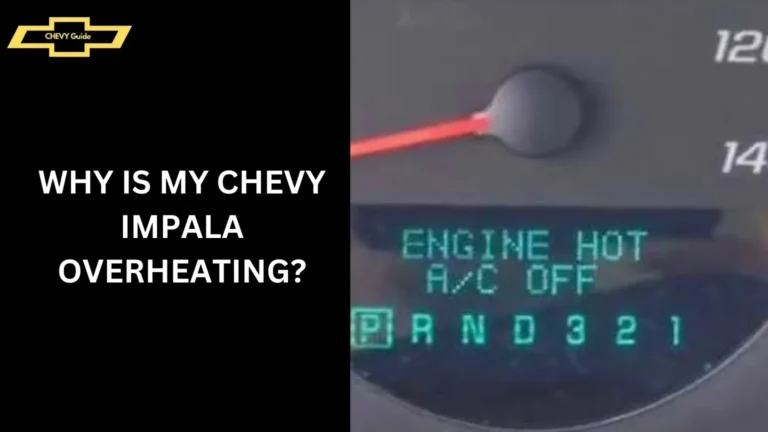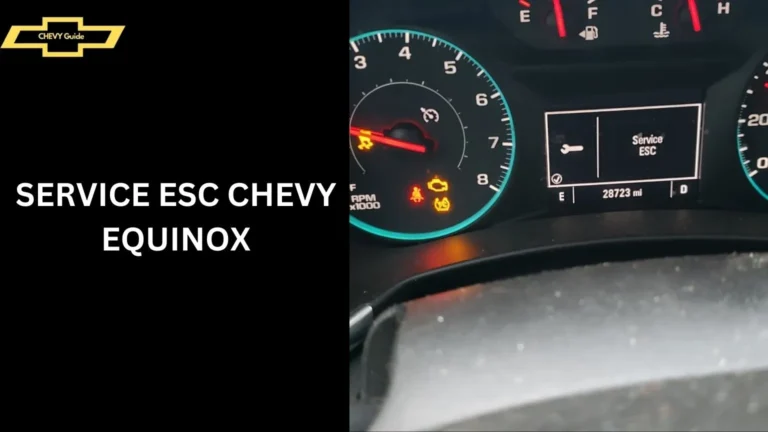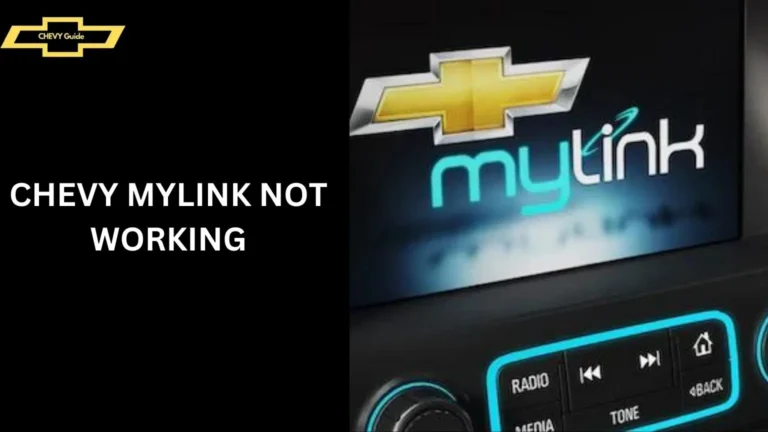L99 VS LS3 VS LS7 (Which Is Good Explained) of 2024
When it comes to high-performance engines, the L99 VS LS3 VS LS7 are some of the most revered names in the automotive world.
These engines, developed by General Motors, have powered some of the most iconic vehicles on the road. But what sets them apart?
In this article, we’ll dive into the history, specifications, performance, and applications of each engine, and help you decide which one is the best fit for your needs.
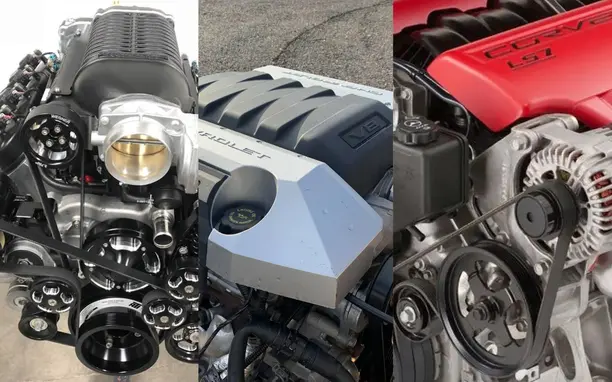
History and Development
The L99, LS3, and LS7 engines are part of GM’s illustrious LS family, known for their robust performance and reliability. The LS engine family began in the late 1990s and has since evolved into a series of powerhouses used in both street and track applications.
Key Differences at a Glance
Before we dive deeper, let’s look at the key differences between the L99, LS3, and LS7 engines:
- L99: Known for its use in automatic transmission-equipped vehicles and features like Active Fuel Management.
- LS3: The workhorse of the LS family, offering a balance of performance and efficiency.
- LS7: The ultimate in naturally aspirated performance, designed for high-speed track use.
Detailed Analysis of Each Engine L99 VS LS3 VS LS7
To truly appreciate the differences between the L99, LS3, and LS7 engines, we need to dive into the specifics of each. This section provides a comprehensive look at the design, specifications, performance, and typical applications of these renowned engines.
L99 Engine: An Overview
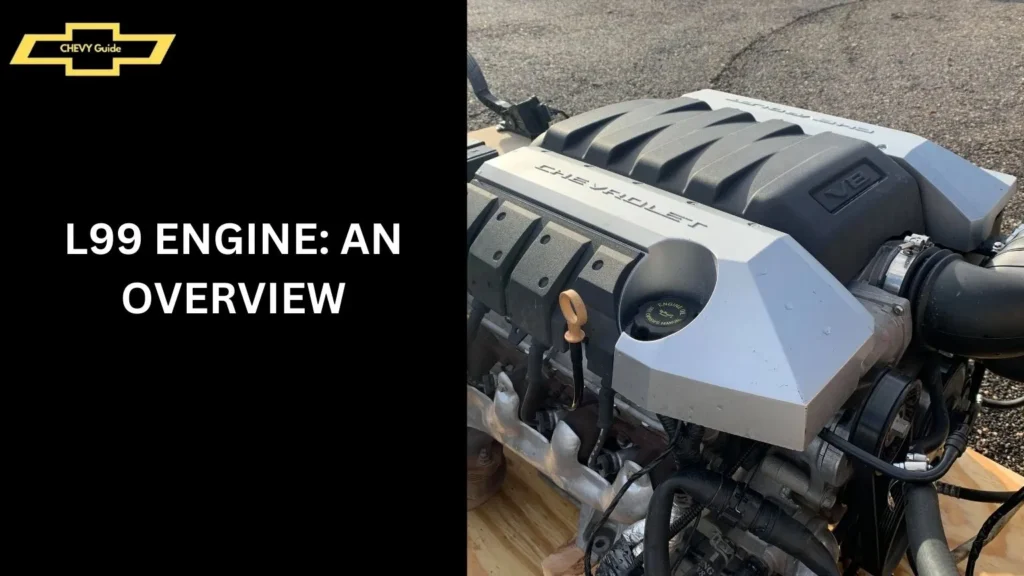
The L99 is often overshadowed by its more performance-oriented siblings, but it has its own set of unique features that make it a formidable engine.
Specifications
The L99 engine boasts a 6.2-liter displacement with a V8 configuration. It produces 400 horsepower and 410 lb-ft of torque. One of the standout features of the L99 is its Active Fuel Management (AFM) system, which allows the engine to deactivate four of its eight cylinders under light load conditions to improve fuel efficiency.
- Displacement: 6.2 liters
- Configuration: V8
- Power Output: 400 horsepower
- Torque: 410 lb-ft
- Compression Ratio: 10.7:1
- Fuel System: Direct injection with Active Fuel Management (AFM)
Performance
The L99 offers a respectable amount of power and torque for its class. The AFM system helps improve fuel efficiency by deactivating four of the eight cylinders under low-load conditions. This technology makes the L99 a good balance between performance and economy, particularly in vehicles where daily driving is common.
Applications
The L99 engine is commonly found in vehicles like the Chevrolet Camaro SS (with automatic transmission) and various GM trucks and SUVs. Its balance of power and efficiency makes it a popular choice for drivers who want a versatile engine.
The L99 engine is found in vehicles such as:
- Chevrolet Camaro SS: Particularly with an automatic transmission, this engine delivers smooth power and efficiency.
- Chevrolet Silverado: Provides a good mix of power for towing and daily use.
- Chevrolet Tahoe: Offers a balance of power and efficiency for full-size SUVs.
LS3 Engine: An Overview
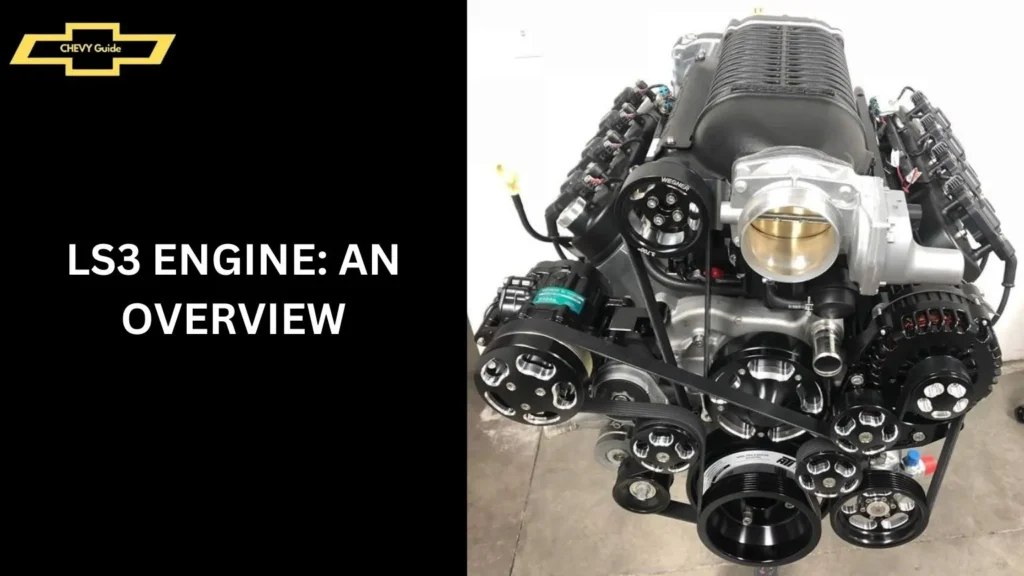
The LS3 is perhaps the most well-known engine in the LS family, known for its balance of performance, reliability, and affordability.
Specifications
The LS3 engine is a 6.2-liter V8, capable of producing 430 horsepower and 424 lb-ft of torque. It features an aluminum block and heads, which helps reduce weight and improve heat dissipation.
- Displacement: 6.2 liters
- Configuration: V8
- Power Output: 430 horsepower
- Torque: 424 lb-ft
- Compression Ratio: 10.7:1
- Fuel System: Port fuel injection
Performance
The LS3 engine stands out for its high power output and robust performance. With a higher horsepower rating than the L99, it provides stronger acceleration and better overall performance. It features an aluminum block and heads, which reduce weight and improve cooling efficiency. This engine is well-regarded for its high-revving capabilities and broad power band.
Applications
The LS3 engine has been used in a variety of vehicles, including the Chevrolet Corvette, Camaro SS (manual transmission), and several high-performance trucks. Its versatility and performance have also made it a popular choice for engine swaps in classic and modern vehicles.
The LS3 engine is used in:
- Chevrolet Corvette (C6): Known for its high performance and smooth power delivery.
- Chevrolet Camaro SS (manual transmission): Offers a thrilling driving experience with strong acceleration.
- Chevrolet Trailblazer SS: Provides a sporty feel in a full-size SUV.
LS7 Engine: An Overview
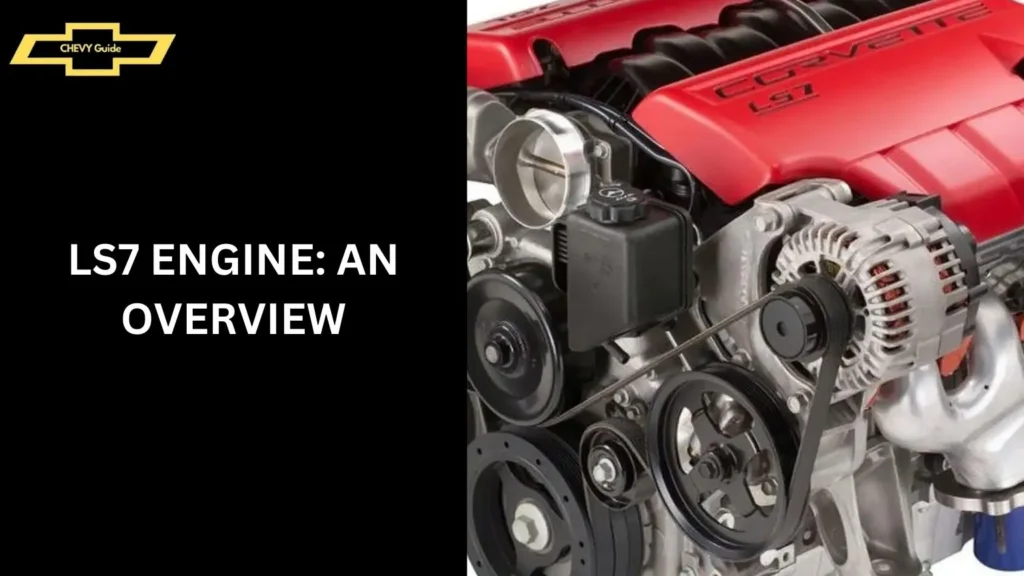
The LS7 is the crown jewel of the LS family, designed for maximum performance and track dominance.
Specifications
The LS7 engine features a 7.0-liter displacement and produces a staggering 505 horsepower and 470 lb-ft of torque. It’s the largest displacement engine in the LS family and features lightweight titanium connecting rods and intake valves.
- Displacement: 7.0 liters
- Configuration: V8
- Power Output: 505 horsepower
- Torque: 470 lb-ft
- Compression Ratio: 11.0:1
- Fuel System: Port fuel injection
- Special Features: Titanium connecting rods, lightweight intake valves, and a high-revving design
Performance
The LS7 engine is built for high-speed performance and durability. Its larger displacement and high-performance components make it capable of producing exceptional power and torque. The engine’s design allows for a redline of 7,000 RPM, which is ideal for track use and high-speed driving. It offers incredible acceleration and a broad power band, making it the choice for serious performance enthusiasts.
Applications
The LS7 engine is most famously used in the Chevrolet Corvette Z06, where it showcases its full potential. It’s also a popular choice for custom builds and racing applications due to its high power output and robust construction.
The LS7 engine can be found in:
- Chevrolet Corvette Z06: This car is renowned for its track-ready performance and speed.
- Chevrolet Camaro Z28 (concept model): Although not as common, it was intended for high-performance applications.
- Custom Builds: Due to its high power output, the LS7 is popular in custom cars and race applications.
Comparative Analysis
To truly understand the differences and strengths of the L99, LS3, and LS7 engines, we need to compare them directly in several key areas. This comparative analysis will cover power and torque, fuel efficiency, cost and availability, and maintenance and reliability.
Power and Torque
When comparing power and torque, the LS7 stands out with its 505 horsepower, followed by the LS3 with 430 horsepower, and the L99 with 400 horsepower. Torque follows a similar pattern, with the LS7 leading the pack.
Fuel Efficiency
The L99, with its Active Fuel Management system, offers the best fuel efficiency among the three, making it a more practical choice for daily driving. The LS3 and LS7, while powerful, are less fuel-efficient due to their high-performance nature.
Cost and Availability
The LS3 is generally the most affordable and widely available engine, making it a popular choice for enthusiasts and builders. The L99, while slightly less common, is also reasonably priced. The LS7, given its performance pedigree, is the most expensive and less readily available.
Maintenance and Reliability
All three engines are known for their reliability, but maintenance costs can vary. The L99 and LS3 are relatively easy to maintain, with parts readily available. The LS7, with its high-performance components, can be more expensive to maintain but offers exceptional durability under demanding conditions.
Which Engine is Right for You?
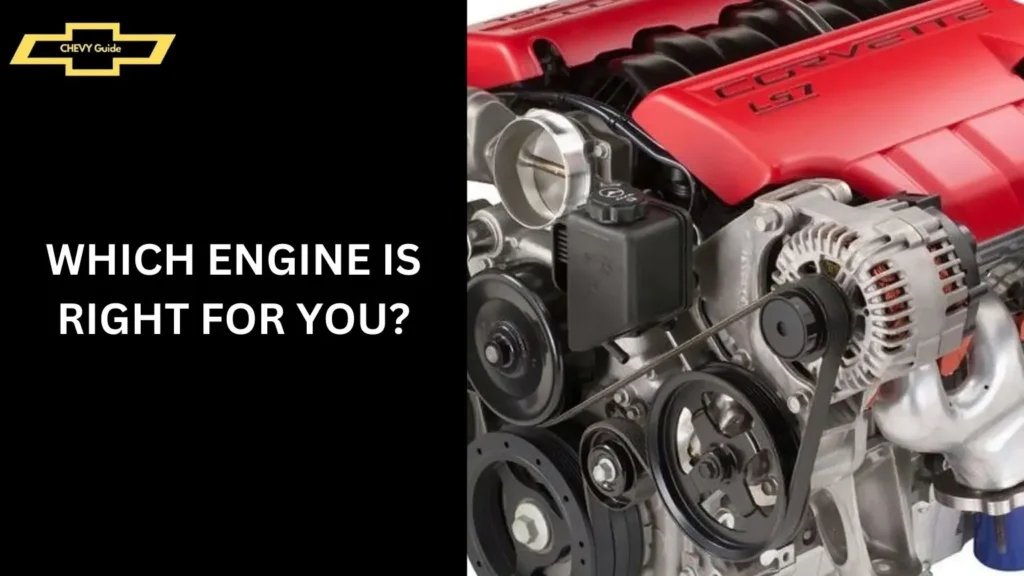
Choosing the right engine from the L99, LS3, and LS7 depends on your specific needs, driving style, and preferences. Each engine has its unique strengths and ideal applications. Here’s a guide to help you decide which engine is the best fit for you:
For Daily Driving
If you’re looking for an engine that balances performance with practicality, the L99 is a great choice. Its Active Fuel Management system ensures better fuel efficiency, making it ideal for daily commuting.
For Performance Enthusiasts
The LS3 offers a fantastic blend of power, reliability, and affordability. It’s perfect for those who want a powerful engine for spirited driving without breaking the bank.
For Track Use
The LS7 is the ultimate choice for track enthusiasts. Its high horsepower, robust construction, and racing pedigree make it the perfect engine for high-speed track use.
People also ask
Is the L99 the same as the LS3?
No, the L99 and LS3 are not the same. The L99 is a 6.2-liter V8 engine with Active Fuel Management (AFM) for improved fuel efficiency, commonly found in vehicles like the Camaro SS with an automatic transmission. The LS3, also a 6.2-liter V8, does not have AFM and is known for its higher performance, providing more horsepower and torque. The LS3 is typically used in performance-focused models like the Corvette.
What is the difference between LS3 and LS7?
The LS3 and LS7 are both high-performance V8 engines from GM, but they have key differences:
Displacement: The LS3 is a 6.2-liter engine, while the LS7 is a larger 7.0-liter engine.
Power: The LS3 produces 430 horsepower and 424 lb-ft of torque, whereas the LS7 delivers 505 horsepower and 470 lb-ft of torque.
Components: The LS7 features advanced components like titanium connecting rods and lightweight intake valves, which contribute to its higher performance.
Application: The LS3 is commonly found in performance cars like the Corvette and Camaro, while the LS7 is typically used in high-performance vehicles like the Corvette Z06.
Maintenance: The LS7 requires more specialized maintenance due to its high-performance parts and design.
How much HP does a L99 have?
The L99 engine produces 400 horsepower.
Can you make an L99 into an LS3?
Yes, you can convert an L99 into an LS3 by disabling the Active Fuel Management (AFM) and Variable Valve Timing (VVT), and potentially upgrading the camshaft, lifters, and tuning the engine accordingly. This process can make the L99 perform similarly to an LS3.
Conclusion
Choosing between the L99, LS3, and LS7 engines ultimately comes down to your specific needs and preferences. Each engine has its own strengths and applications, whether it’s the practicality of the L99, the balanced performance of the LS3, or the track-dominating power of the LS7. By understanding the key differences and considering your own driving needs, you can make an informed decision and enjoy the best that GM’s LS engine family has to offer.

My name is James Henry, and I’m thrilled to share my passion for Chevy vehicles with you. With over a decade of hands-on experience in car repair and a deep love for everything Chevy, I’ve dedicated this site to helping fellow enthusiasts and owners navigate the world of Chevrolet.

